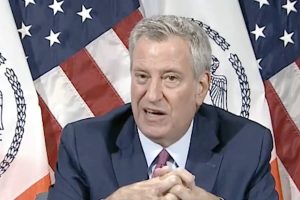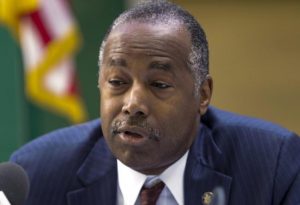Twitter’s crackdown on President Trump will not end when his presidency does. Mr. Trump will lose certain protections from content moderation afforded by Twitter to public officials when he leaves office, meaning the company will treat him like any other private citizen subject to suspension from its platform.
Twitter’s public-interest exceptions allow people to see tweets from public officials that would be removed by the company if a private user posted the same content.
When asked whether such exceptions would apply to Mr. Trump when he leaves office, Twitter responded in a statement indicating that the public-interest exceptions will not apply to Mr. Trump after he exits the White House.
“Twitter’s approach to world leaders, candidates, and public officials is based on the principle that people should be able to choose to see what their leaders are saying with clear context. This means that we may apply warnings and labels, and limit engagement to certain Tweets,” a Twitter spokesperson told The Washington Times. “This policy framework applies to current world leaders and candidates for office, and not private citizens when they no longer hold these positions.”
Since Saturday’s start, Twitter has tagged or labeled 15 of Mr. Trump’s tweets and limited the visibility of several of his tweets. Instead of such tags and labels, Mr. Trump could face suspension from Twitter if he violates the company’s rules as a private individual.
Sen. Kamala D. Harris, the presumptive vice president-elect, made restricting Mr. Trump’s Twitter account a hallmark of her bid for the Democratic Party’s presidential nomination in the primaries.
Last October, Ms. Harris wrote to Twitter CEO Jack Dorsey to request that he consider suspending Mr. Trump’s account because of tweets that Ms. Harris deemed threatening and offensive.
“No user, regardless of their job, wealth, or stature should be exempt from abiding by Twitter’s user agreement, not even the President of the United States,” Ms. Harris wrote in the October 2019 letter.
Twitter later responded to Ms. Harris by telling her that the tweets she cited did not violate the company’s policies, according to reports.
In the ensuing months, Twitter pursued a more aggressive strategy against public officials posting content that Twitter deemed inappropriate and violating its policies.



















